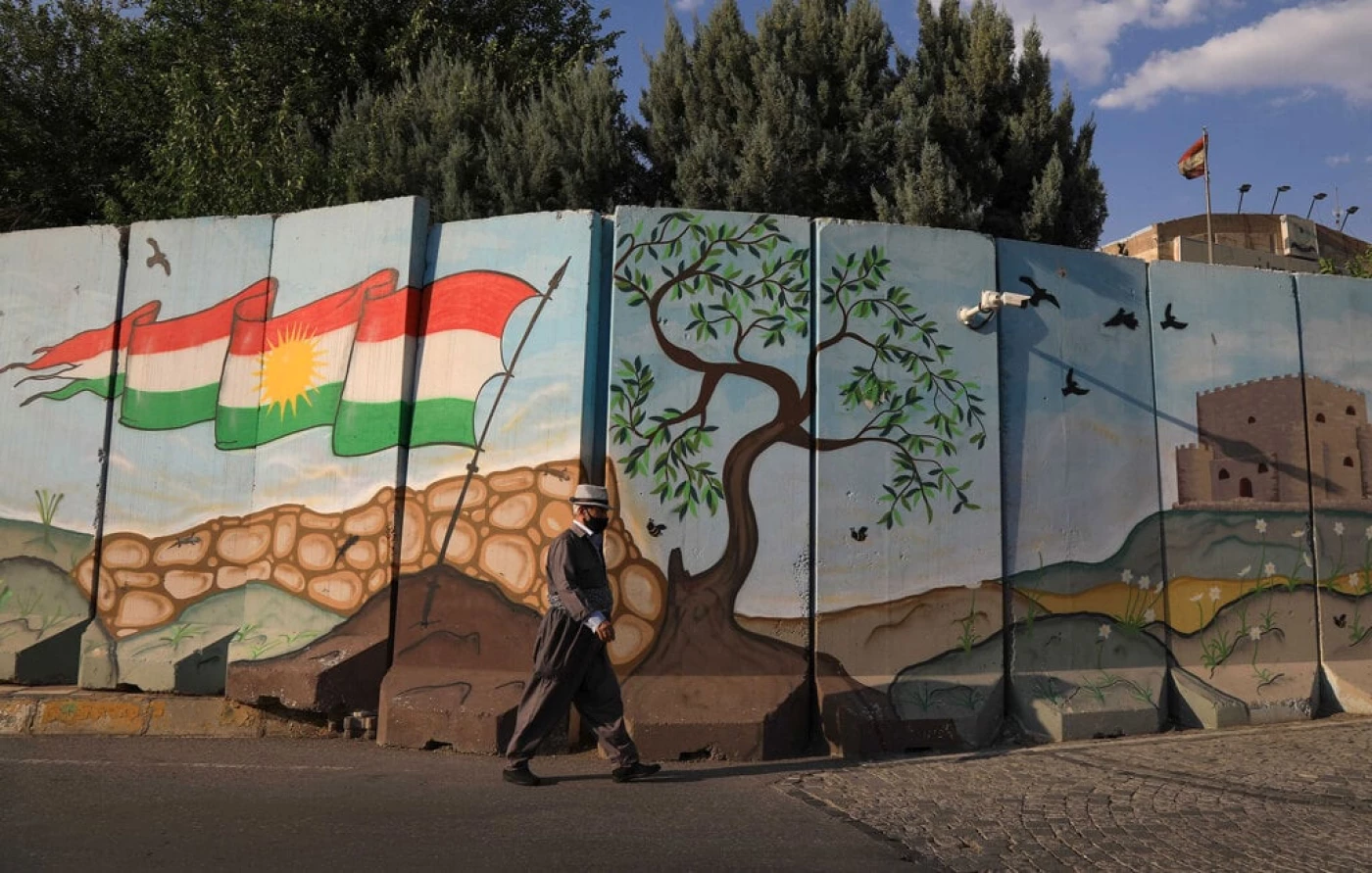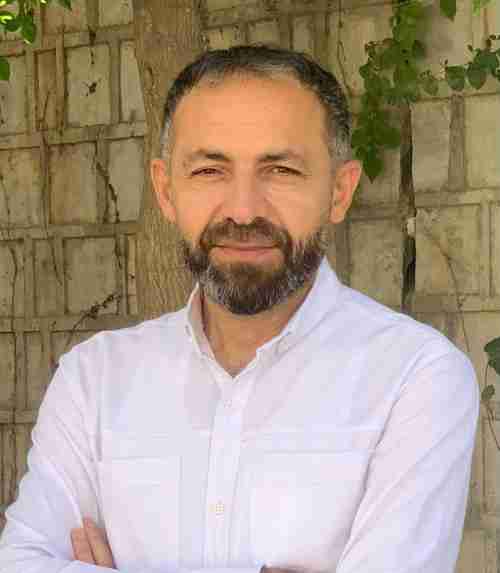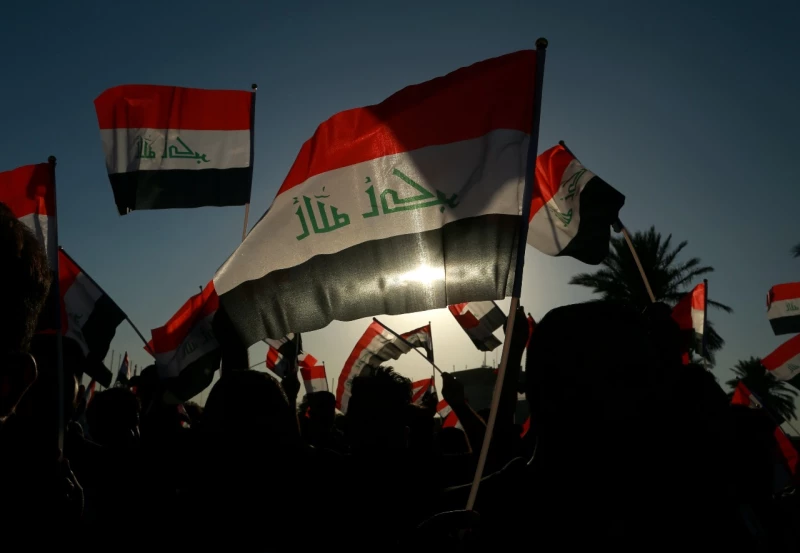The financial crisis between Baghdad and the Kurdistan Region of Iraq keeps happening again and again. From cutting the Region’s share in the national budget to cutting and delaying civil servant salaries, every time this happens, many people in Kurdistan ask: What still connects us to Iraq if the federal government cuts off the food of our children, the rights of our workers, and our constitutional budget?
This question is now common among ordinary people, the educated class, and politicians: What connects us to Iraq, except a constitution that people only use when it serves them, and a budget that has been cut from us since 2014? Now, even our salaries are not paid on time and have become a political tool instead of a basic right for us as Iraqi citizens.
Shouldn’t we face the truth and depend on our own resources and self-sufficiency instead of accepting this painful reality?
Everyone knows that the constitution organizes the relationship between Baghdad and the rest of Iraq, including the Kurdistan Region. This is the federal constitution that most Iraqis, including Kurds, voted “yes” to in 2005. It was supposed to be a guide for all.
This constitution says that Iraq is a federal state made up of a center (Baghdad), regions (like Kurdistan), and provinces that are run in a decentralized way (see Articles 116, 117, and 119 of the 2005 Iraqi Constitution).
After the fall of Saddam Hussein and the approval of this constitution, Iraq entered a new period of federalism and pluralism. The old period of dictatorship and central power was supposed to be over.
But years after these big changes, some politicians and powerful individuals in Baghdad now want to go back to the old days. They want to end federalism and return to one-party, one-sect control over the country. As the saying goes, “Halima went back to her old ways,” and now Iraq is going back to central rule and one-sect control.
It looks like many Shiite politicians who once supported federalism and recognized the Kurdistan Region as a constitutional Region have now changed their minds. They want to go back to centralized rule that extends control over all of Iraq.
After the Sunni forces lost their power in Baghdad’s politics and administration, now it seems to be the Kurds’ turn to face this central control, control that is sectarian at its core.
This push to bring back centralism became clear when the Kurdistan Region started exporting oil from its fields inside its borders.
At the beginning, this step was welcomed by Baghdad, including the Presidency. Many Iraqi politicians, Sunnis and Shiites, attended the opening ceremonies for Kurdistan’s oil exports.
The Kurdistan Region began working in these oil fields in 2006, based on constitutional agreements with Baghdad. There was some criticism and rejection, but things moved forward.
In the end, politics took over. In 2014, during Prime Minister Nouri al-Maliki’s time, Baghdad cut the Region’s budget. We also can’t ignore the role of regional interference, especially from Iran.
Since then, the relationship between Baghdad and the Kurdistan Region changed from legal and constitutional to political and power-based. It became about who controls whom, with interference from regional powers and the larger US-Iran conflict, which still slows down the political process in Iraq.
I don’t want to focus too much on the past. What’s more important is what is happening now and what might happen next. The current policy from Baghdad won’t succeed. Iraq will either stay as one federal country, or it will split into two. There’s no other way if things continue like this.
The Kurdish government in Erbil will not give up its constitutional rights. In fact, it is moving forward with energy projects in its own fields. The latest example is a deal to develop two gas fields in Sulaymaniyah and the Chamchamal area, in partnership with two American companies and with US government support.
Cutting salaries won’t work. It won’t help the policy of pressure. The same way cutting the budget did not stop the Kurdistan Region from growing. Anyone who visits Erbil, Duhok, or Sulaymaniyah can clearly see they are more developed than some Iraqi cities. This shows the failure of Baghdad’s pressure tactics.
So, this policy of trying to pressure the region will either fail completely, making Kurdish people angrier at the federal government and more sure that separation is necessary, or it will lead to a real break between the Region and the center, in a sudden moment the politicians in Baghdad don’t expect.
Kurdish politicians often talk about separation, especially when a new salary crisis happens. President Masoud Barzani himself speaks about it. This talk is a response to the public question: “What connects us to Baghdad except money and the constitution?”
If that moment comes, it will be a clear failure of the policy of pressure, cuts, and starving the Kurdistan Region.
So, the only real solution now is to go back to the 2005 agreement, politically and administratively. Baghdad must stop interfering in the powers of the Kurdistan Region and end the pressure. Only that can keep Iraq united.
The views expressed in this article are those of the writer and do not necessarily represent the position of The New Region


 Facebook
Facebook
 LinkedIn
LinkedIn
 Telegram
Telegram
 X
X



